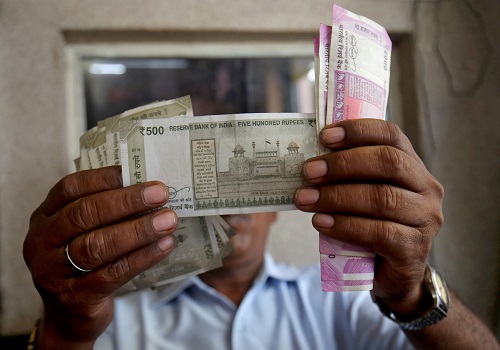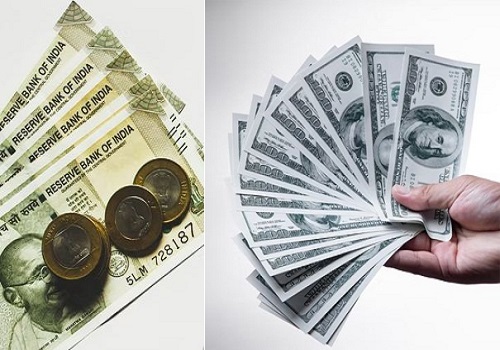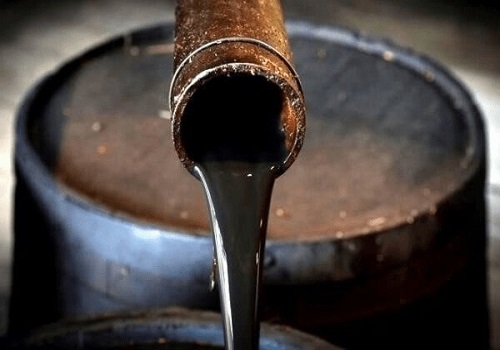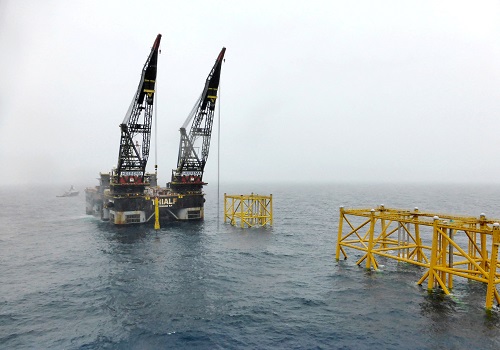Oil drops as China data disappoints, Iran talks in focus
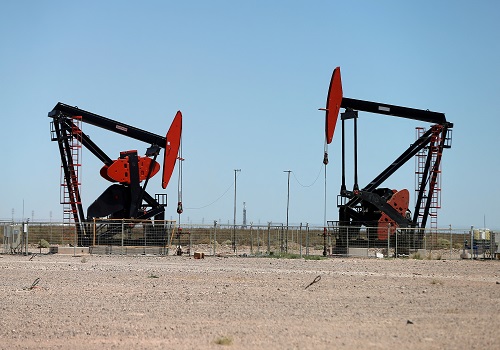
Follow us Now on Telegram ! Get daily 10 - 12 important updates on Business, Finance and Investment. Join our Telegram Channel
Oil prices fell by more than $3 a barrel on Monday on concerns over demand in China, the world's largest crude importer, and ahead of Iran's response to a nuclear deal proposal which could raise the country's oil exports.
Brent crude futures fell $3.49, or 3.56%, to $94.66 a barrel by 0945 GMT after settling 1.5% lower on Friday.
U.S. West Texas Intermediate crude was down $3.32, or 3.61% at $88.77, after a 2.4% drop in the previous session.
China's economy unexpectedly slowed in July, while refinery output slipped to 12.53 million barrels per day, its lowest since March 2020, government data showed.
ING bank cut their forecast for China's 2022 GDP growth to 4% from 4.4% previously. It warned a further downgrade is possible, depending on the strength in exports which are suffering from high inflation, ongoing COVID-19 restrictions, and unemployment growth in mainland China.
Oil supply could rise if Iran and the United States accept an offer from the European Union to revive the 2015 nuclear deal, which would remove sanctions on Iranian oil exports, analysts said.
Iran's Foreign Minister Hossein Amirabdollahian said on Monday that Iran will respond to the EU's nuclear text later in the day, and that a deal can be concluded if the U.S. agrees to three remaining issues.
"We will need more talks if Washington does not show flexibility for resolving of the remaining issues ... Like Washington, we have our own plan B if the talks fail," Amirabdollahian said, according to Iran's Fars news agency.
"The oil market might have well established a range between $105/bbl and $93/bbl basis Brent until the first genuine signs of supply shortage emerges," said Tamas Varga of oil broker PVM.
Adding to bearish sentiment, Saudi Aramco stands ready to raise crude oil output to its maximum capacity of 12 million bpd if requested to do so by the Saudi Arabian government, Chief Executive Amin Nasser told reporters on Sunday.
And a damaged oil pipeline component that disrupted output at several offshore U.S. Gulf of Mexico platforms was repaired late Friday, a Louisiana official said, with producers moving to reactivate some of the halted production.












 320-x-100_uti_gold.jpg" alt="Advertisement">
320-x-100_uti_gold.jpg" alt="Advertisement">

